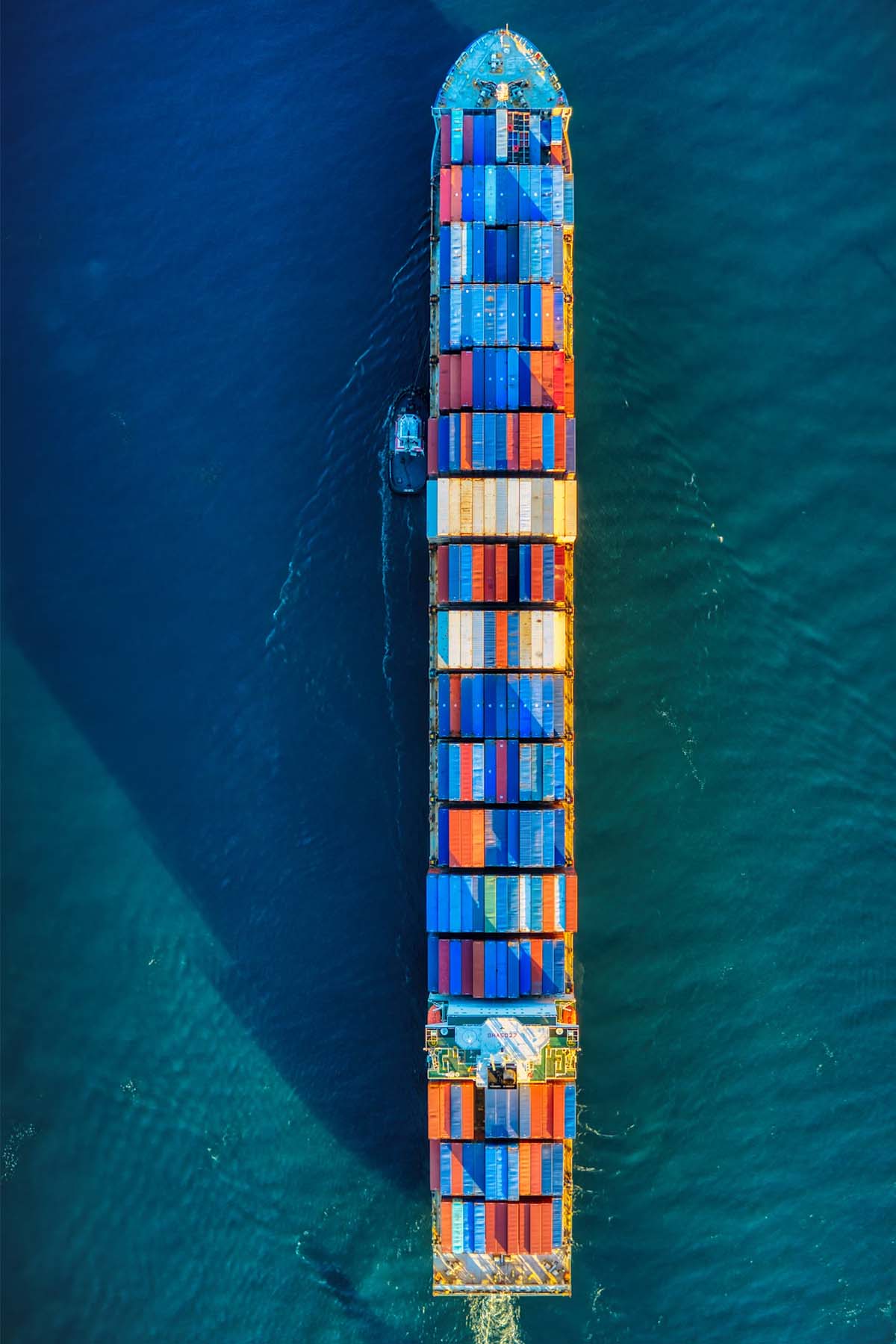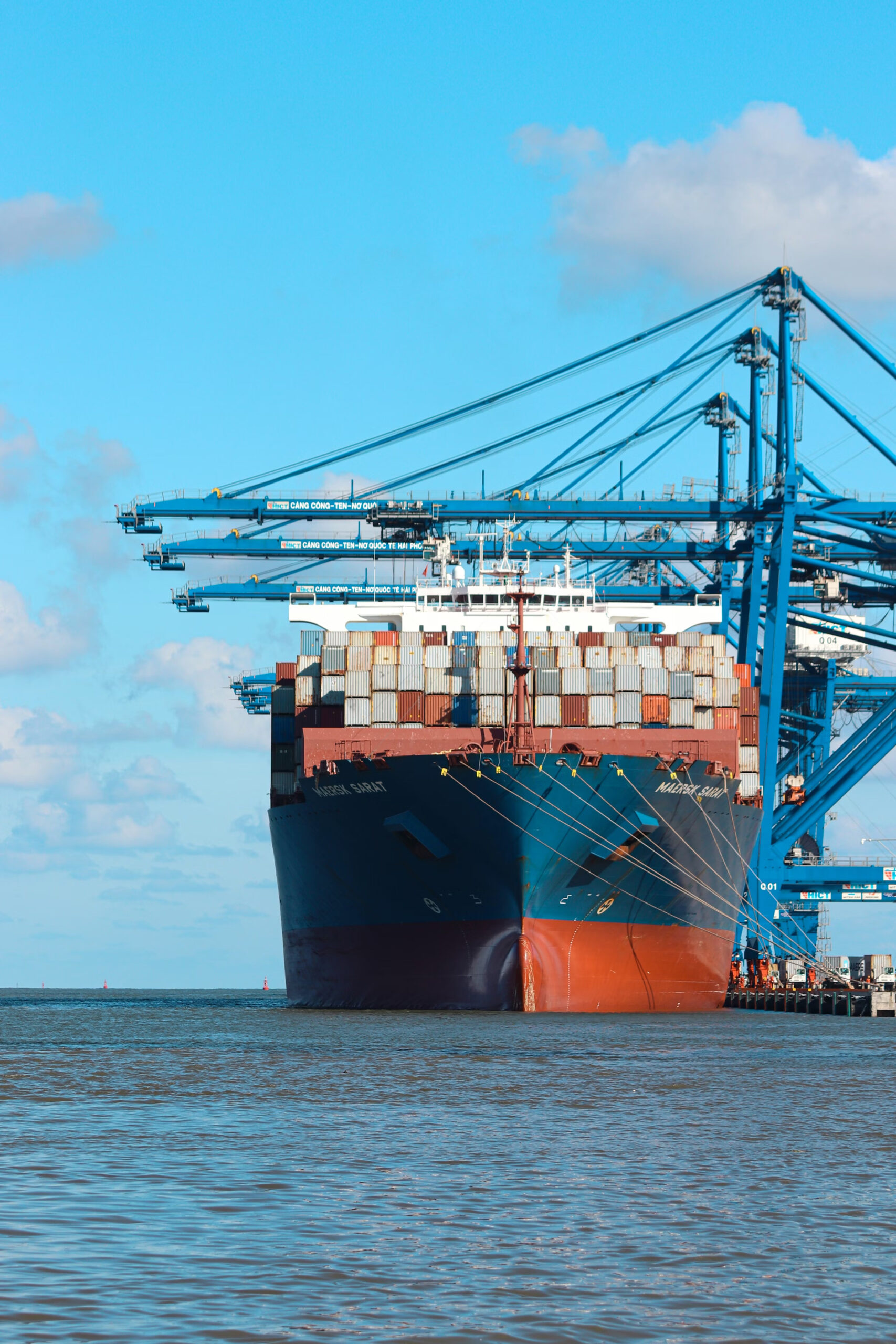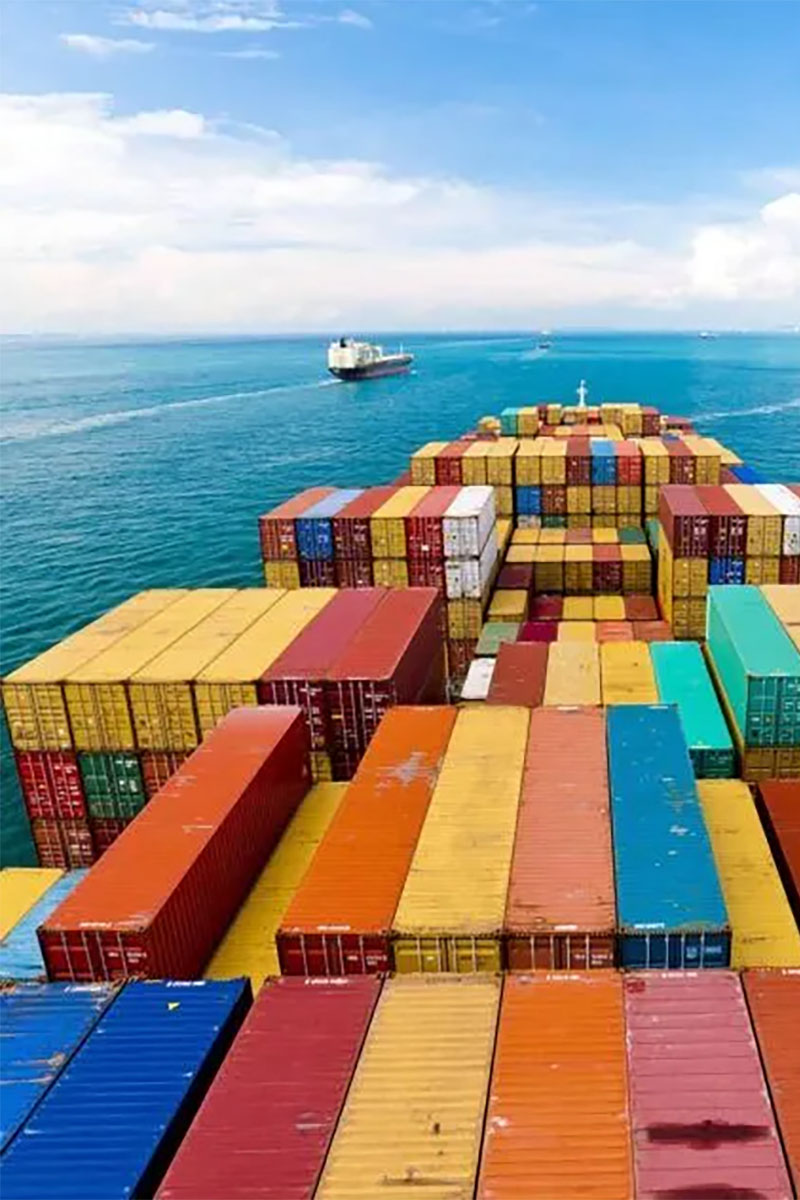International Ocean Freight Shipping & Cargo Forwarding
Current International Freight is a full-service freight forwarding company that provides our clients with safe, reliable, cost-effective transportation of their goods around the globe.
That is our one mission: To get your goods to their destination. We accomplish this by focusing on your specific needs. This means we customize our services, tailoring the process to suit your requirements.
With longstanding relationships with shipping companies, brokers, and partner freight agents, we can handle everything from small cargo to oversized shipments requiring special handling.
Current’s insistence on working with only the most reliable carriers ensures your shipment will be transported with care—limiting the risk of possible theft and damage.
Whether you’re moving full containers or truckloads, or something in between, Current International Freight will work with you to meet your unique needs.
Because we know we aren’t just delivering goods.
We deliver success.
Click the button to submit a quote, or contact us directly at sales@current-intl.com


Ocean Freight Forwarding You Can Trust
The Current Ocean Freight Advantage
- Experts in International Compliance
- State-of-the-Art Facilities
- Trusted Affiliates Reduce Risk of Delays
- Worldwide Partnerships to Meet Your Needs
The Benefits of Using a Licensed Ocean Freight Forwarder
Using an ocean freight service licensed by U.S. Customs and Border Protection (CPB) is recommended for the following reasons:
Compliance
Experienced, licensed ocean freight forwarders reduce the risk of delays and product loss by completing every requirement, from packing containers to submitting customs declarations.
To complete their delivery, shippers must satisfy all international laws and procedures, including import and export restrictions. Missing even a single form can lead to fines and seizure of the goods.
Security
Licensed freight forwarders choose the right packaging and containers to protect your goods from damage or theft. They prescreen the third parties transporting the goods, reducing the likelihood of any security-related issues with your shipment.
Importers are responsible for ensuring that goods brought in under their authority are kept secure in transit and that the documentation accurately describes the merchandise. Failure to comply can result in fines as well as seizure and destruction of the cargo.
Experience
Licensed forwarders and carriers understand the variable nature of ocean freight. They can anticipate—and then avoid—delays due to weather, port labor issues, or other concerns to get your goods to their destination as quickly as possible.
While the stories of lost goods are mostly tall tales, the reality is that the wrong container can damage your cargo. And not understanding how shipment works—along the entire route—can result in loss or delays in your product’s arrival.
Cost-Savings
Experienced, licensed ocean freight forwarders can track the progress of your goods and eliminate downtime. They can facilitate smaller shipments by combining their sea transport with other less-than-container loads.
Without forwarders, shippers are in the dark when it comes to choosing the right shipping cargo container. They’re also left to decide on their own which vendors are reliable and what other exporters they can trust to share their container.
Using a Trusted Ocean Freight Shipping Service
When and Why You Should Choose Ocean Freight Shipping
Ocean freight is the standard for most commercial cargo. In other words, in most cases, the best strategy for shipping is to use actual ships.
While people today travel mostly by plane or car, goods don’t. An estimated 90 percent of the world’s goods are moved by ocean freight.
In 2022, the world’s fleet of 55,000 ships carried 11 billion tons of goods.
While shipping is a global business, it concentrates in particular regions. For example, one-third of all global ocean freight—$5.3 trillion worth of goods—occurs within the South China Sea.
Shipping on waterways isn’t limited to oceans, either. In Louisiana, shipping along the Mississippi River accounts for more than half of all freight, and almost ten times the amount brought into the state by truck.
Ocean freight is a cost-effective, flexible way to transport your goods.

Cost-Effective
Ocean freight is typically cheaper than air freight. The industry rule of thumb is that air freight costs 5-6 times as much as ocean freight. And while air freight costs increase if the cargo is heavy, ocean freight’s cost tends to be determined by the size of the goods, meaning that heavier cargo isn’t necessarily more expensive. Ocean freight is also charged lower duty and value-added tax (VAT) rates than air freight.
Flexible
Ocean freight is a flexible shipping alternative to air freight, and it’s ideal for large or bulky cargo. Smaller cargo shipments can be combined with others to reduce costs, and larger loads can be transported in dedicated containers. Shippers can choose between different container types to accommodate the cargo’s shape and configuration while protecting the contents and simplifying on-and-off loading.
Special Freight
Many commonly shipped materials—such as oil, gas, flammable items (solid or liquid), biological products, or other items that could be harmful to public health—can only be sent via ocean freight. And even items that can be sent via air freight (e.g., lithium batteries) often require special procedures for air carriage.
The Ocean Freight Forwarding Process
Current provides full-service freight. If you tell us what you want to ship, where you want it to go, and when you want the pickup, we’ll take care of the rest. But it’s helpful to understand the basic process of ocean freight, so you’ll know if it’s the best method for you.

Here’s how it works:
1. Preparing the Shipment
- Analyze the shipment to determine if it’s a “full container load” or “less than container load”—that is, whether the container will contain only the shipper’s items or other shippers’ goods will share the space
- Identify available ships’ scheduled departures and itineraries to determine which one will provide transport
- Pack the goods to be transported
- Prepare the waybill and other necessary documentation relating to the shipment (commercial invoices, declarations relating to the country of origin)
2. Transporting the Shipment
- Load the cargo into the container
- Transport the container to the origin port
- Customs officers inspect the container and goods for export
- Hold the container until the ship arrives
- Load the container onto the ship
3. Delivery
- Remove the container from the ship and load it onto a truck
- Bring the container to the designated warehouse
- Customs officers inspect the container and the goods, review import documents, receive duties, and release the goods
- Empty the container and place the goods on trucks for transportation to their ultimate destination
Ocean Shipping Container Options
From a distance, shipping containers tend to all look more or less alike—but they’re not. There are many container options, each with different features to help your goods successfully arrive at their destination.
General Purpose: Most goods ship in general-purpose containers, also known as dry containers, for the goods they can carry. These containers—made of steel and with one opening for loading—are usually either 20 or 40 feet long. In spite of this difference, however, both sizes can carry around 60,000 lbs. The advantage of a longer-length container is not that it can carry double the number of goods but that it can accommodate larger items.
Liquid Containers: Large liquid cargo may be shipped in a tank (essentially, a metal tube filled with liquids such as oil, fuel, food, or chemicals) that rests inside a tank container. The tank container is a metal frame that acts as a nest for the tank and allows it to be stacked with other container units. A 20-foot container can support a 26,000-liter capacity tank. For smaller liquid shipments, shippers might choose a drum, a small water-tight circular-shaped container made of steel or other lightweight materials.
Temperature-controlled: Shippers may choose a refrigeration container, called a reefer, for goods needing a consistent temperature. Reefers are thermal-insulated units with a compressor built into the container to heat or cool their contents. Insulated containers are another option. They can keep goods at a specified temperature but rely on an external source for cooling.
Other Options: Containers come in a variety of shapes and sizes, including a half-height shorter version, a high cube that is taller than the standard height, and, for even taller items, an open top. Containers may also have double doors or side doors to facilitate loading.

Contact Us
Give us a call at 424-422-1308 or click the button below to fill out our quote request form.
